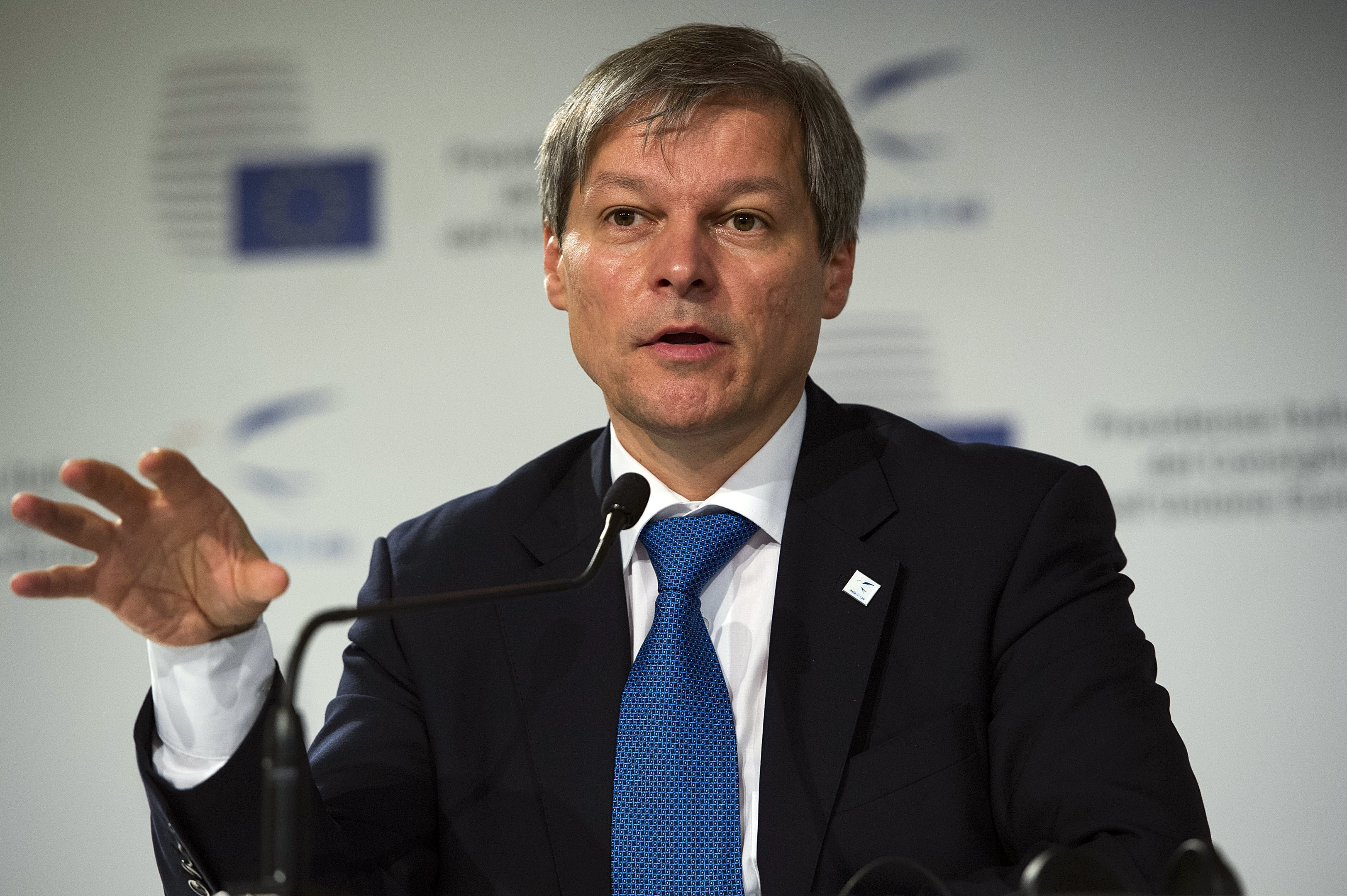This week’s meeting of the Council of EU Agriculture Ministers in Milan was hardly typical.
After four years of arguing over the shape and substance of the new Common Agricultural Policy (Cap), this council looked beyond the detail towards loftier global goals.
It was clearly a direction much favoured by outgoing EU Farm Commissioner Dacian Ciolos.
This was his last Council meeting before demitting office in November and his statements at a post-meeting press conference were all clearly targeted at making sure everyone knew that the Cap he had designed and nurtured was one fit for purpose on the world stage.
“We have been looking at the Cap in an international context. It integrates food security and care of resources so that food production is sustainable,” said Mr Ciolos.
“The EU is trying to establish leadership in achieving world food security. With so many conflict zones in the world it is important that the EU is in the frontline when it comes to food security. I hope the FAO will find us useful partners.”
Jose Graziano de Silva, Director General of the Food and Agriculture Organisation (FAO) was on hand to agree.
He said: “We cannot take food security for granted anywhere, even within the EU where we see people who cannot afford a proper diet.
“Conflicts in North Africa and elsewhere are leading to increased migration. If we can improve food security in these regions it would help to prevent this forced migration. The international community is not taking enough responsibility for the situation.”
Closer to home Mr Ciolos had to deal with the Russian embargo on foodstuffs.
He said: “We are targeting market management, not compensation to individual farmers.”
He was speaking against a background where previous measures – particularly to help dairy producers – had been abandoned because of the high levels of claims for storage aid, many of them unjustified and, although he did not say so, many from host country Italy.
He used the Council meeting to confirm a new 165million euro support package for fruit and vegetable producers which would start with immediate effect and would take a better approach than the previous measures.
Asked why the agriculture budget should take all the strain when the Russian crisis had wider origins Mr Ciolos responded sharply: “Given the state of all EU budgets it is impossible to use budgets other than agriculture. It is clear that the agri-food sector has been most heavily targeted and we can only use all the measures available within the agricultural budget.”
